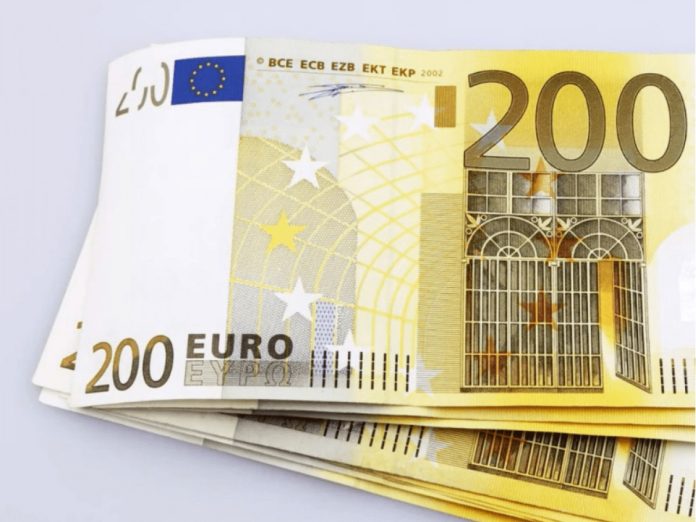On November 5, 2024, Donald Trump won a convincing victory in the US presidential election, becoming a 47th president. The world markets immediately responded to this event, and the main consequence was a significant change in exchange rates. The euro, in particular, began to become rapidly cheaper against the US dollar, which caused concern in European countries and some hope for benefits in Ukraine. Consider what led to this situation and what consequences can be expected in the future.
With the beginning of Trump's political career, much of his economic policy has been based on the protection of US business interests and strengthening US positions on the world stage. One of Trump's key initiatives was to increase duties on imports of goods, especially from China, as well as watching trade agreements in favor of US producers. Trump's repeated exchange rate on a heavy dollar increases the demand for US currency, which has a negative impact on the euro, which has fallen in price for five days from $ 1.0937 to $ 1.0655.
In his applications, Trump has repeatedly emphasized plans to raise duties for European countries, which, he said, receive economic benefits at the expense of the United States. Such statements are concerned in Germany and other EU countries, which are dependent on exports. Trump's strong dollar policy reduces the competitiveness of European goods in international markets, forcing the European Central Bank (ECB) to weaken the euro exchange rate to support European exports.
Analysts predict the further fall of the euro, and in the near future the course can be reduced to $ 1.05–1.06, and under certain conditions - to reach parity. This situation was already observed in 2022, when the cost of the euro dropped below the dollar. With regard to Ukraine, the decrease in the rate of the euro also causes the value of the currencies of neighboring countries, such as the Polish zloty, Czech Crown, Romanian Lei and the Hungarian Forint.
The cost of the euro will bring some benefits to Ukraine. European products will become more accessible, which will have a positive effect on imports, in particular for the Ministry of Defense, which finances part of the contracts in the euro. This can contribute to the discussion of the possibility of "reprimand" the hryvnia to the euro, which has long been the subject of consideration in financial circles.


